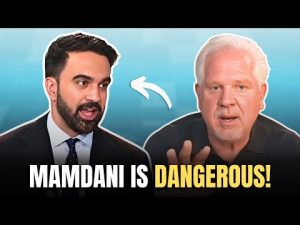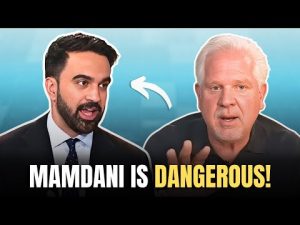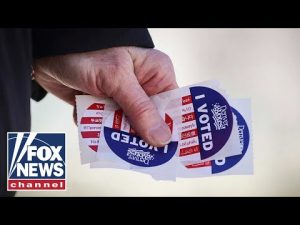The latest health debate over nicotine pouches is an arena where politics, health advice, and amusingly questionable endorsements collide. Enter the scene: Robert F. Kennedy Jr., the Secretary of Health and Human Services, makes an unexpected splash in this contentious pool. The headline barely believed but unmistakably true—Kennedy advocates for nicotine pouches, suggesting they might be the safer alternative to smoking cigarettes, and seems to enjoy the product himself. Evidently, this has all the makings of a riveting twist in our ongoing national narrative about health choices.
Kennedy aims to shift the focus from the staggering healthcare costs associated with cigarette smoking, amounting to hundreds of billions of dollars, to a supposedly less harmful indulgence—nicotine pouches. The spectacle only intensifies with yet another layer of intrigue. Was that a nicotine pouch he used during his confirmation hearing? Many a sharply raised eyebrow can attest to the sheer theatricality of the moment. While Kennedy’s casual promotion of the product hints at a personal preference, it isn’t necessarily the hard sell the broader medical community endorses.
In typical fashion, health experts are taking a much more cautious, dare say prudent, approach. The Centers for Disease Control and Prevention (CDC) stresses caution by warning that no tobacco product, not even the relatively benign-looking nicotine pouch, can be deemed safe. Their message is particularly aimed at youth, young adults, and pregnant women, groups that health experts are fervently trying to shield from the grip of nicotine addiction. Meanwhile, the FDA gives a mixed message by authorizing the marketing of one brand of nicotine pouches, citing lower risks compared to traditional tobacco products without necessarily giving the practice a health endorsement.
The American Lung Association is less than convinced by Kennedy’s nicotine pouch enthusiasm. They remain steadfast in their demand for more research, pointing out the unknowns of both short and long-term health impacts. Ignoring the basic rule of ‘when in doubt, do more research,’ does seem especially risky when public health is on the line. It’s as if the only message to take from this situation is that uncertainty reigns supreme, and meanwhile, the sales of these nicotine pouches just keep climbing. Between August 2019 and March 2022, they soared from 126 million to 808 million sold—so much for curiosity killed the cat.
While the current political endorsement snafu might draw chuckles and skepticism, the debate it ignites carries genuine weight. Americans must navigate a tangled web of mixed messages, novelty products, and lofty endorsements, all while health costs loom large. As the nation moves forward, the focus should remain on rigorous scientific analysis and evidence-backed strategies, even as the political limelight jazzes up nicotine debates with a touch of humorous absurdity. The real victory would be holding leaders accountable as they juggle safety narratives in the pursuit of public health—a show every American would pay to see.







